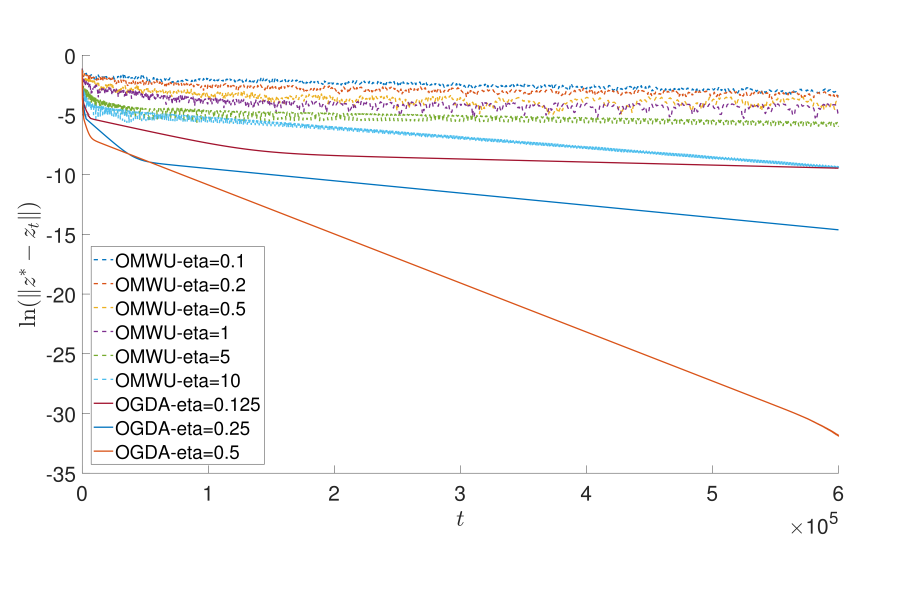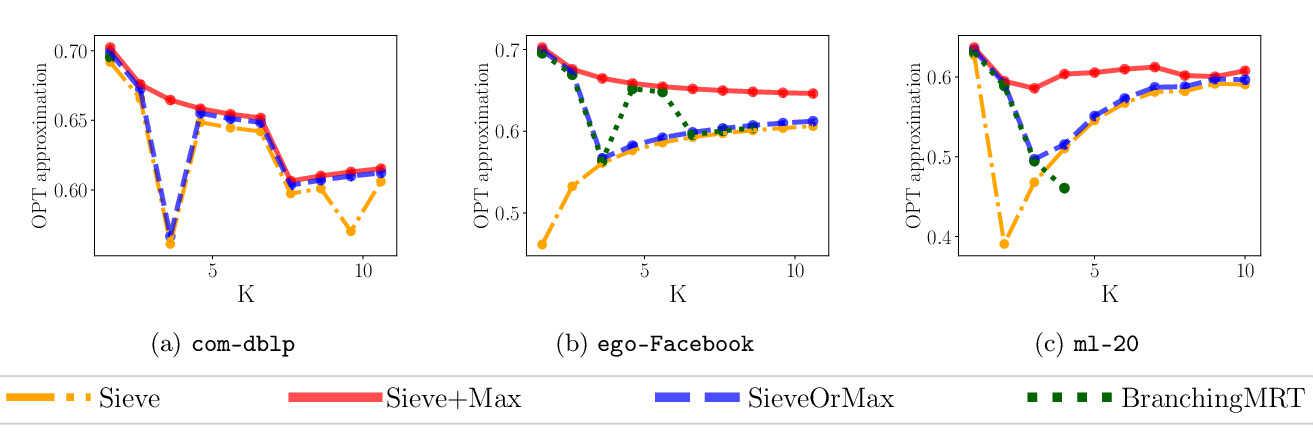Abstract:
Sparsity-inducing regularization problems are ubiquitous in machine learning applications, ranging from feature selection to model compression. In this paper, we present a novel stochastic method – Orthant Based Proximal Stochastic Gradient Method (OBProx-SG) – to solve perhaps the most popular instance, i.e., the \(\ell _1\)-regularized problem. The OBProx-SG method contains two steps: (i) a proximal stochastic gradient step to predict a support cover of the solution; and (ii) an orthant step to aggressively enhance the sparsity level via orthant face projection. Compared to the state-of-the-art methods, e.g., Prox-SG, RDA and Prox-SVRG, the OBProx-SG not only converges comparably in both convex and non-convex scenarios, but also promotes the sparsity of the solutions substantially. Particularly, on a large number of convex problems, OBProx-SG outperforms the existing methods comprehensively in the aspect of sparsity exploration and objective values. Moreover, the experiments on non-convex deep neural networks, e.g., MobileNetV1 and ResNet18, further demonstrate its superiority by generating the solutions of much higher sparsity without sacrificing generalization accuracy, which further implies that OBProx-SG may achieve significant memory and energy savings. The source code is available at https://github.com/tianyic/obproxsg.









































